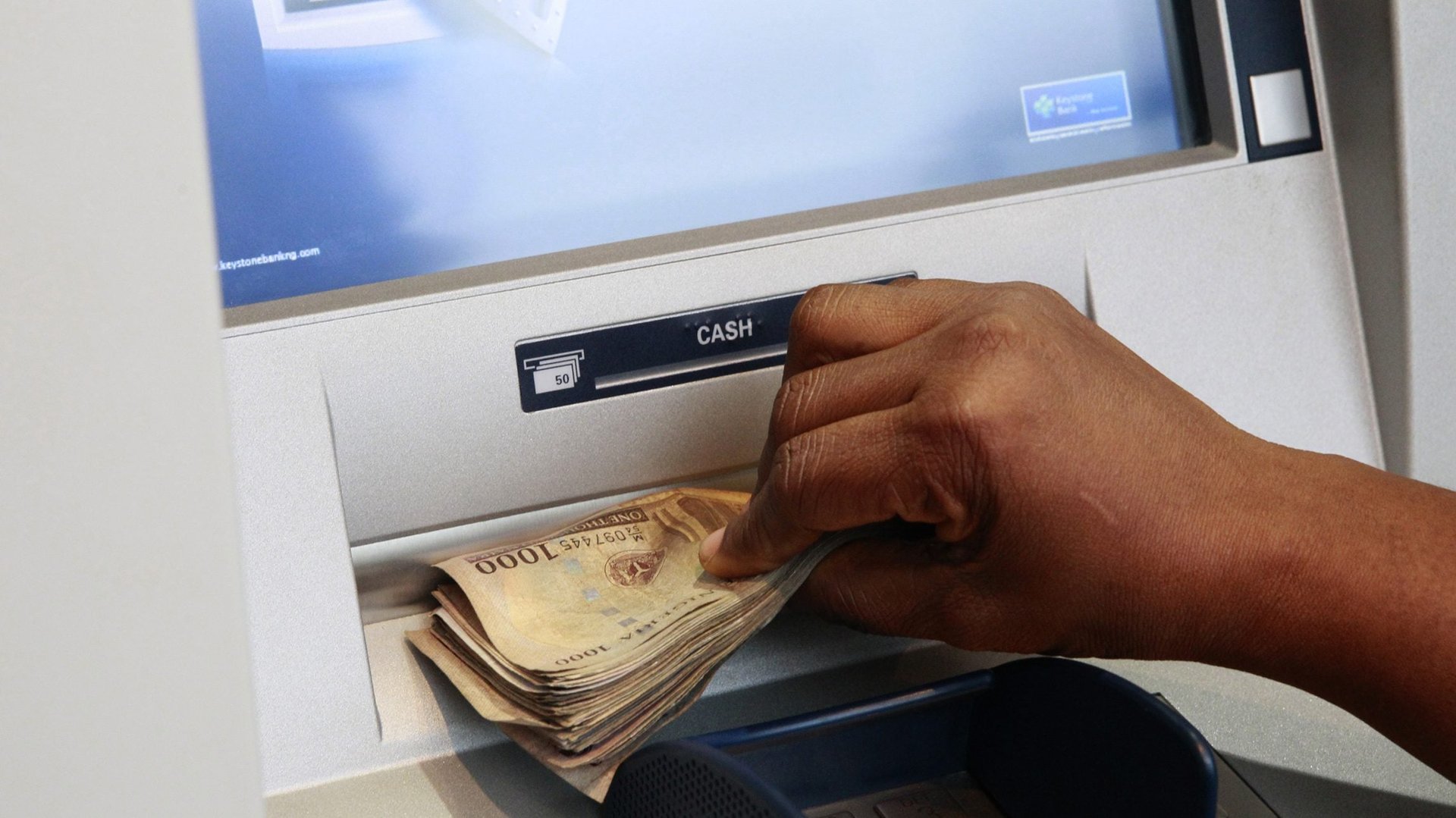Nigeria’s first ever diaspora bond has raised $300 million
Nigeria’s diaspora population sent home $21 billion in remittances in 2015 and the government wants in on some of that cash.


Nigeria’s diaspora population sent home $21 billion in remittances in 2015 and the government wants in on some of that cash.
Through its first ever diaspora bond, the Nigerian government is looking to get its citizens living abroad to put some money towards funding part of its $23 billion record deficit budget. Issued last week at 5.625%, the five-year bond raised $300 million.
The bond was pitched to Nigerians living abroad as a chance to contribute to Nigeria’s development as the country looks to fund significant capital projects. It wasn’t initially clear how many Nigerians actually invested in the bond. Reports suggest the retail investment opportunity was only available via private banks and wealth managers, which are typically used by very wealthy individuals, and the investors may or may not be part of the Nigerian diaspora.
With oil prices low and Nigeria’s revenues falling, the government has been left cash-strapped over the past two years. Worse still, for much of that time, Nigeria’s oil production output has dipped with militancy briefly resuming in the oil-rich Niger Delta region last year.
Coupled with its ambitions to spend heavily on capital projects in a bid to stimulate growth and help turn around the economy which has been in recession for the past five quarters, the government is left looking for various avenues to plug holes in its record deficit budget. The diaspora, particularly in the United States, could present the government with an avenue to raise some of that capital. In 2015, diaspora remittance from United States to Nigeria totaled $5.7 billion and, according to a recent Pew Research Center report, Nigeria accounts for more foreign-born Africans living in the US than any other African country.
The government’s efforts to raise funds for the budget is also linked to its anti-corruption campaign. Last year, it introduced a whistle-blowing policy to allow Nigerians report corruption and fraud-related offenses. If tips result in the successful recovery of stolen funds, whistle-blowers stand to receive a cut of up to 5%.
A recent dividend of the policy saw Nigeria’s anti-graft agency discover $43.4 million hidden in an empty apartment in Lagos’ upmarket Ikoyi neighborhood in April. Last week, a presidential aide claimed “about 20%” of Nigeria’s 2017 budget will be funded through recovered loot.